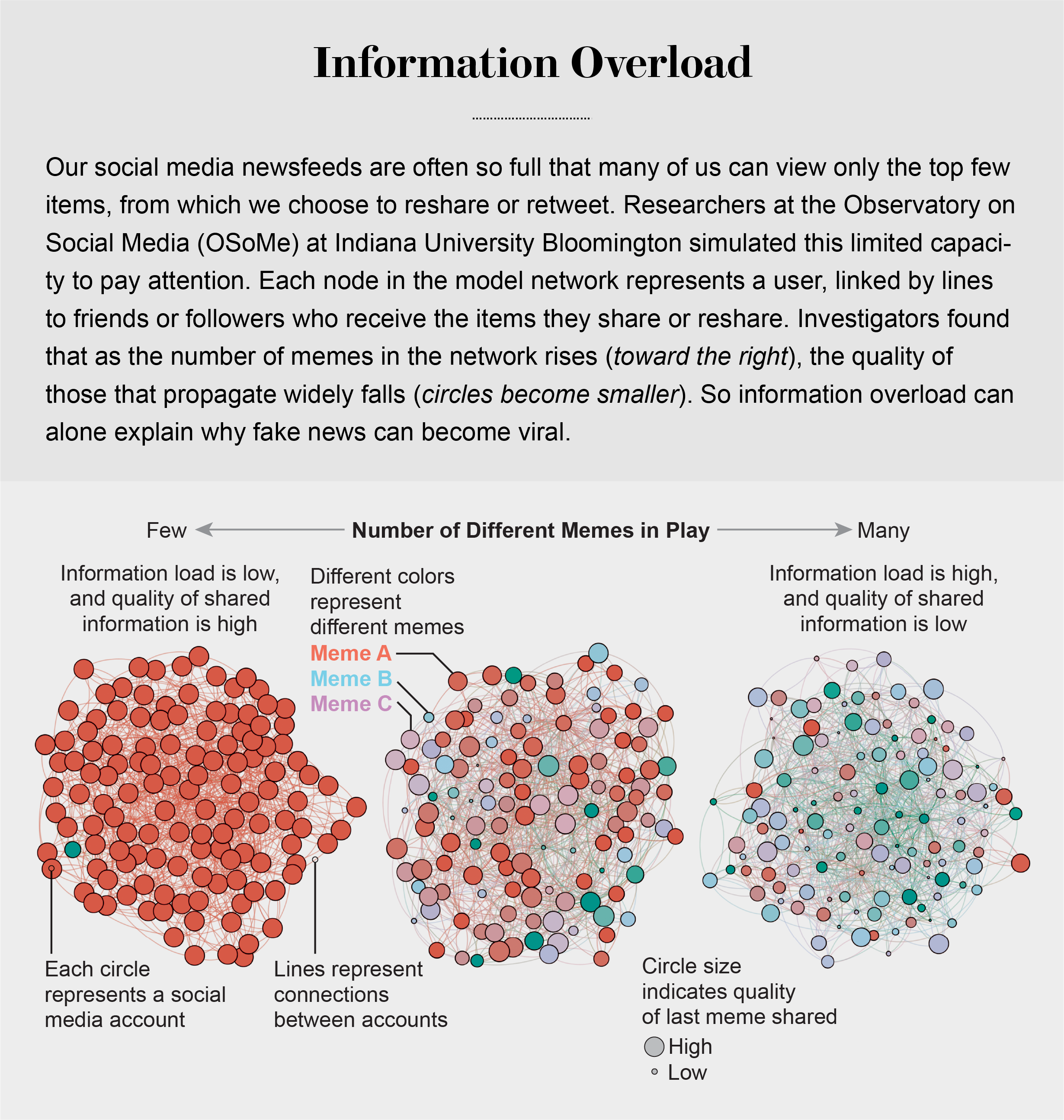Information Literacy in the Age of AlgorithmsThis report is the result of a national research effort exploring how much U.S. college-age students know about the way in which internet giants like Google, YouTube, Instagram, and Facebook work, and by extension, how they affect society. Amidst the daily flood of digital news, memes, opinion, advertising, and propaganda, there is growing concern about how these popular platforms, and the algorithms they employ, influence our lives, deepen social divisions, and foment polarization, extremism, and distrust. This work builds on a decade of research from Project Information Literacy surveying the information habits of college students in an increasingly digital world. It examines how students conceptualize and navigate a volatile and ever-changing information landscape, and proposes programmatic ways to prepare them to contend with this new reality. In this yearlong investigation, supported by the John S. and James L. Knight Foundation, The Harvard Graduate School of Education, and the School of Library and Information Science at the University of South Carolina, researchers conducted 16 focus groups with 103 undergraduates and interviews with 37 faculty members to collect qualitative data from eight U.S. colleges and universities from across the country.

